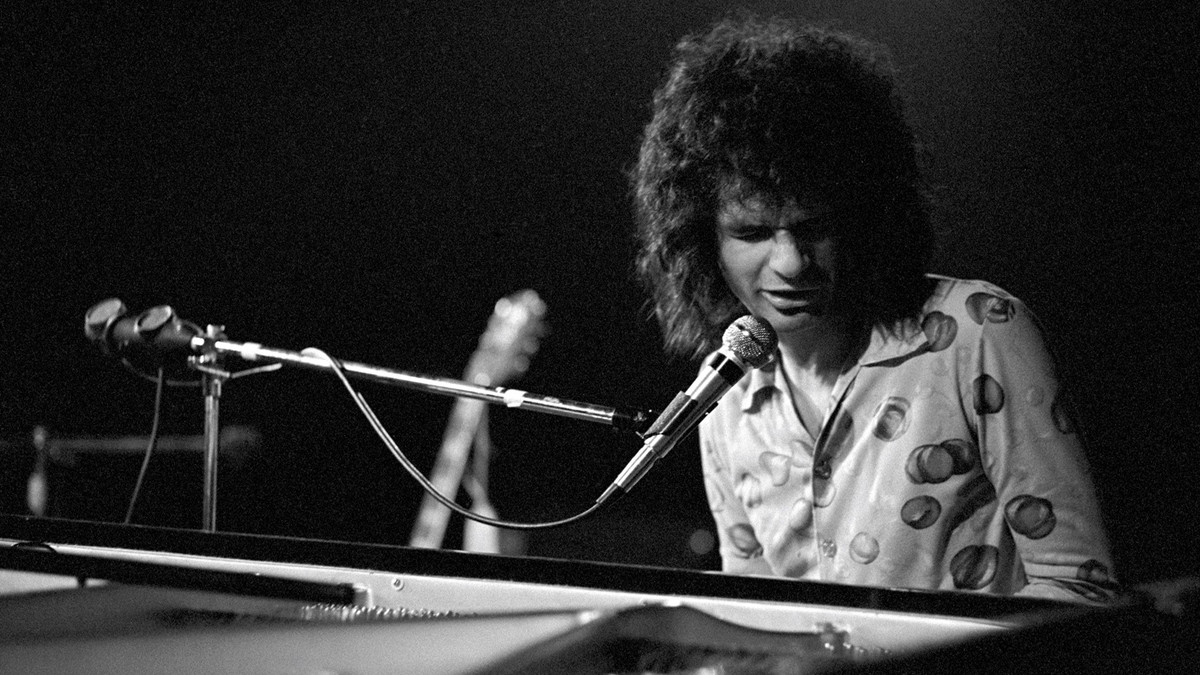
In the mid-1960s, when Bob Dylan was at the height of his creative transformation from folk hero to rock visionary, a young and eager guitarist made a bold move that would alter the course of his career, and leave an indelible mark on music history. That guitarist was Mike Bloomfield, a rising blues prodigy who snuck his way into Dylan’s recording sessions and ended up playing on one of Dylan’s most iconic tracks: “Like a Rolling Stone.”

A Chance Encounter That Changed Everything
In 1965, Dylan was preparing to record a new batch of songs at Columbia’s Studio A in New York City. He had recently begun experimenting with electric instrumentation, a move that was both revolutionary and controversial among his folk audience. Around this time, Dylan had been introduced to Mike Bloomfield, the Chicago-born guitarist best known for his blistering blues work with the Paul Butterfield Blues Band.
Dylan instantly recognized Bloomfield’s raw, soulful playing and invited him to drop by the studio. Bloomfield, in awe of Dylan’s songwriting and energy, was determined not to miss his chance. As the story goes, Bloomfield showed up at the sessions unannounced, guitar in hand, and waited for a moment to prove himself.
Plugging In To History
When Dylan launched into “Like a Rolling Stone,” Bloomfield’s instinctive blues phrasing and aggressive tone brought the track to life. His guitar lines danced around Dylan’s biting lyrics and Al Kooper’s organ swells, adding an electric fire that helped define the sound of the record.
In later interviews, Bloomfield recalled being both nervous and exhilarated:
“I didn’t know what I was doing half the time, but I knew it felt right. Dylan just said, ‘Play what you feel,’ and that’s what I did.”
Dylan, for his part, was blown away. He later said of Bloomfield’s playing:
“He had the best touch. I didn’t want him to play jazz or anything slick, I wanted that wild, untamed sound, and he had it.”
The result was a six-minute epic that shattered every rule of popular music at the time, a furious, poetic anthem that helped define the sound of the 1960s. “Like a Rolling Stone” became Dylan’s biggest hit and remains one of the most celebrated recordings in rock history.
A Star Is Born
For Mike Bloomfield, the session was life-changing. The experience opened doors that would lead him to new heights as one of the defining guitarists of the era. Shortly after, he joined the Paul Butterfield Blues Band full-time, helping pioneer the electric blues sound that influenced countless rock guitarists. Later, he would form The Electric Flag and collaborate with Al Kooper once again on the acclaimed album Super Session (1968).
Despite struggling with fame and personal demons later in life, Bloomfield’s contribution to Dylan’s electric revolution cemented his legacy. His fearless blend of blues grit and rock energy influenced players from Eric Clapton to Duane Allman and Carlos Santana.
The Moment That Sparked A Movement
Bob Dylan’s decision to “go electric” at the 1965 Newport Folk Festival, backed by musicians like Bloomfield and Kooper, marked a seismic shift in popular music. That rebellious spirit, captured first in the studio during the “Like a Rolling Stone” sessions, changed how the world viewed rock and roll.
And for Bloomfield, that one unplanned appearance in the studio wasn’t just a lucky break, it was the moment that defined his life.
“That session,” Bloomfield later reflected, “was the day I realized music could be bigger than the blues, bigger than any one style. Dylan showed me that.”
In the end, the story of Mike Bloomfield sneaking into Bob Dylan’s studio session is more than just a rock ‘n’ roll legend, it’s a tale of raw talent meeting perfect timing. One young guitarist’s courage to step into the unknown helped create one of the most important songs ever recorded, and in doing so, he plugged himself into musical immortality.
Leave a Reply